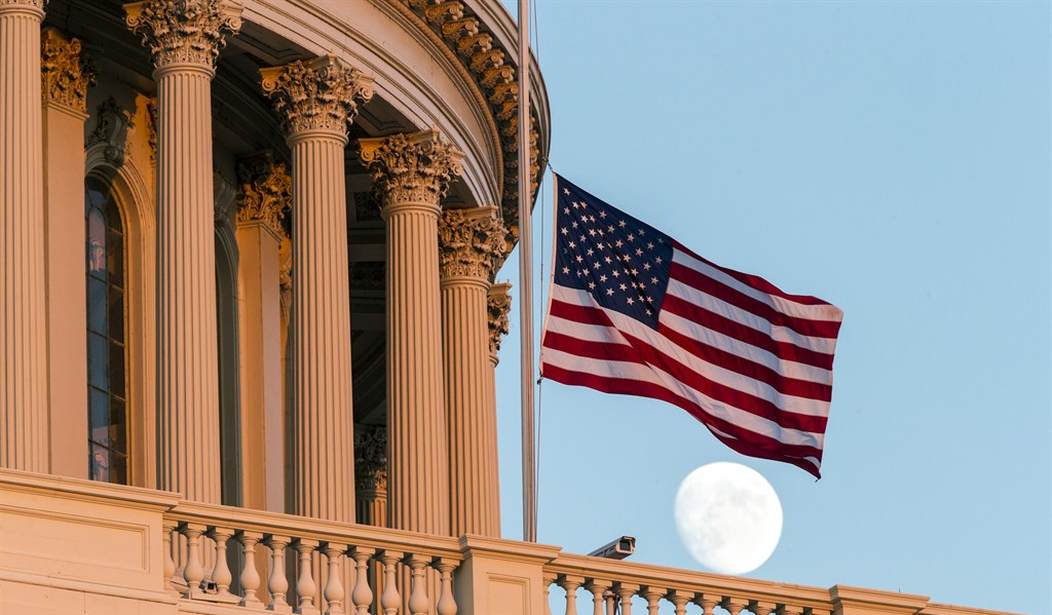Birthdays take on a different character as we get older. We see them as a chance to reflect on where we are in life, and where we’re going in the future.
But imagine you were more than 200 years old, in a world filled with 20-somethings. You’d stand out in many ways, and deserve to be respected for your unique wisdom, perspective and experience. Well, that’s how unusual our Constitution is.
As we mark its 226th birthday on Sept. 17, its peers are getting younger all the time. Mila Versteeg from the University of Virginia has read every constitution enacted since World War II. That’s 729 constitutions for 188 countries. Many of those nations, obviously, have had more than one constitution in that time. In fact, the average constitution lasts less than 20 years.
So what has allowed our Constitution to endure for centuries while its counterparts elsewhere are continually replaced? Well, one key is that our Constitution is simple. It’s small enough to fit in a pocket. It’s written in clear language anyone can understand.
But it’s also limited, in that it doesn’t attempt to do too much. Most modern constitutions read as if they were laundry lists of “rights” the government will “give” to citizens. Over time, people come to expect the government to “give” them more things, so the constitution needs to be thoroughly reworked, if not scrapped altogether.
Our Constitution operates on a simpler plane. It creates a solid political framework and allows leaders and citizens to improvise within it.
Recommended
It set up a federalist system of government, with powers carefully divided between the state and federal governments. Federalism protects local flexibility and autonomy, ensures that power is exercised at the closest and most accountable level possible, and creates competition by allowing states to take different approaches to policy problems. This “competitive federalism” expands citizens’ freedom and encourages states to make good laws.
One key to the system is that it recognizes that humans are not angels. Members of each branch will inevitably try to expand their power and influence, and members of the other two branches should then press back, leading to an ever-shifting balance of power that prevents any one branch from becoming too influential.
Unfortunately, lawmakers have become increasingly comfortable handing over their powers to unelected bureaucrats. Laws such as Dodd-Frank and ObamaCare are intentionally vague, leaving presidential appointees or career “civil servants” to fill in the blanks. This can lead to abuses, such as when parts of Dodd-Frank are self-funding (thus dodging congressional oversight) and when bureaucrats grant exemptions to ObamaCare’s regulations.
A solution would be for lawmakers to reassert their constitutional authority to make law. Congress should write clear and concise statutes, not vague, meandering bills. Every law should be as easy to read and understand as the Constitution itself.
Meanwhile, members of each branch should interpret the Constitution by attempting to discern the original meaning of the text as it was written and publicly understood at the time of ratification, a method commonly referred to as originalism. Through originalism, officials would have to become better acquainted with the actual text and structure of the Constitution, and draw attention to its true purposes and principles.
There’s been much discussion about “American Exceptionalism” lately. We’ve heard from the American president and the Russian one, and -- not surprisingly -- they disagree on the concept. But they’re missing a very simple point: America is exceptional because it was founded on a creed. We know that all men are created equal, and our Constitution attempts to protect that equality here at home.
Not perfectly, no. The fallible human beings entrusted to oversee its enforcement often make mistakes. But the document itself is the soundest constitution ever created.
And that’s why it will be around for an unprecedented 227th birthday next Sept. 17. And for many more to come.

























Join the conversation as a VIP Member